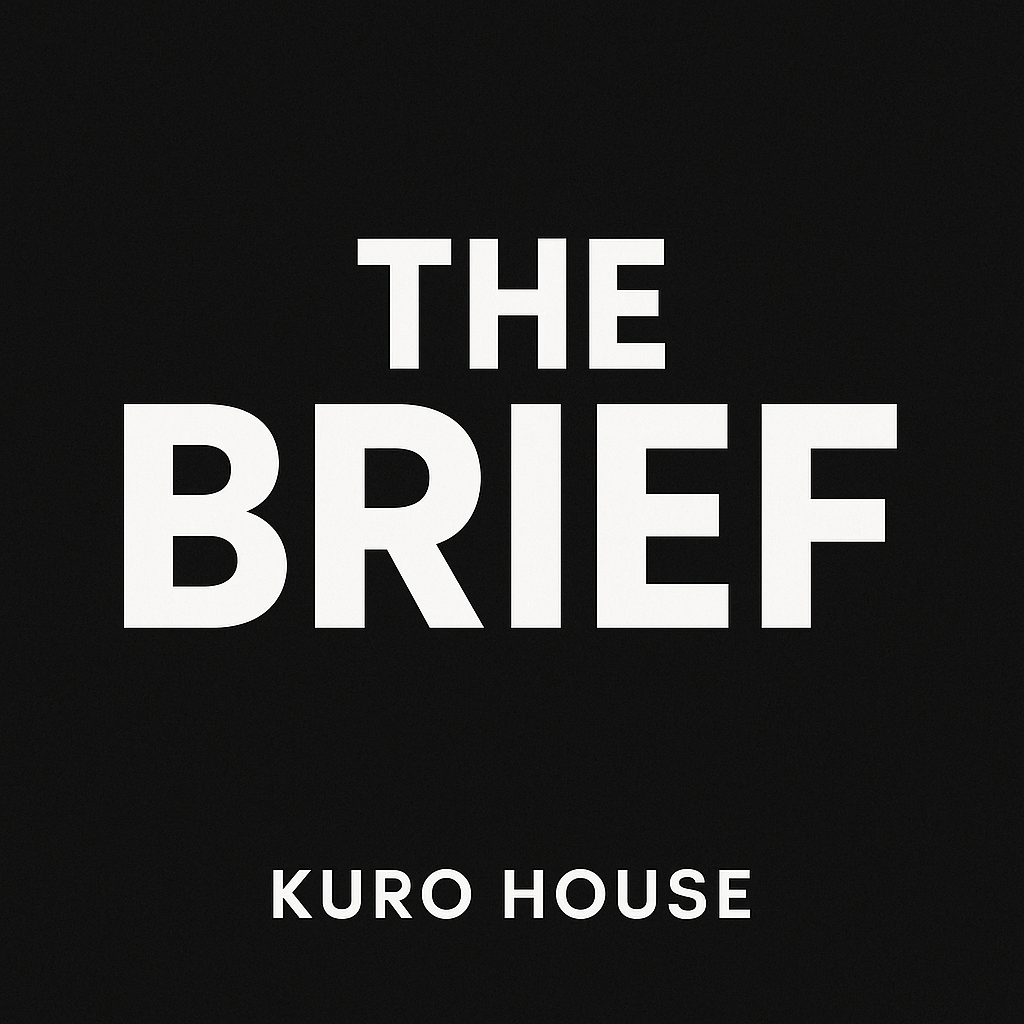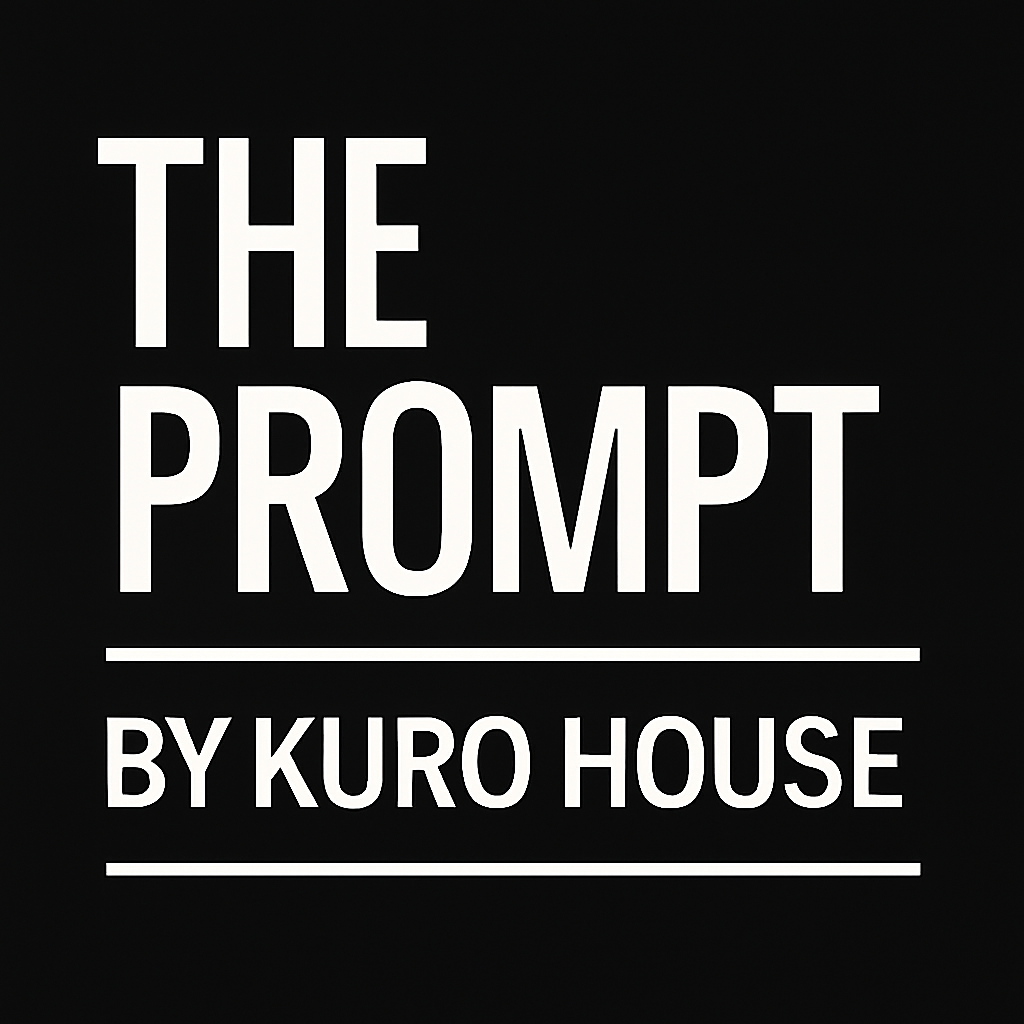Listen To The Show
Transcript
Welcome back to The Brief by Kuro House, where we dig into the sharpest stories shaping the marketing world—no fluff, just the details you need. Today, we’re talking about lawsuits shaking the adtech industry, how AI is rewriting the creative playbook, the dangers of discount addiction, why fundamentals still beat fads in ecommerce, and a retail giant making a big play for national ad budgets. Let’s get right into it.
First up, Magnite, the largest independent sell-side platform in adtech, has just filed a federal antitrust lawsuit against Google, according to Adweek. This makes Magnite the third SSP to sue Google in just two months, joining OpenX and PubMatic. Magnite claims Google has unlawfully monopolized the ad exchange and publisher ad server markets, using exclusionary tactics that limit publisher choice and restrict competition. Specifically, Magnite alleges that Google forced advertisers using Google Ads—formerly AdWords—to buy display ads only through Google’s own exchange, AdX, and tightly integrated AdX with its ad server to lock advertisers and publishers into the Google ecosystem. The lawsuit even details a 2017 internal Google scheme called “Project Poirot,” which allegedly reduced bids from Google’s own DSP for impressions routed via rival exchanges. Magnite says these practices slashed its profits, forced layoffs of more than 100 staff, and caused missed opportunities in new ad formats. The lawsuit echoes the U.S. Justice Department’s ongoing antitrust case against Google, which recently saw a judge rule that Google illegally monopolized two adtech markets. Google, for its part, flatly denies the allegations, saying advertisers and publishers have plenty of choices and stick with Google because its tools are effective and affordable. But with the E.U. recently fining Google $3.5 billion for adtech violations, and now three major U.S. lawsuits in the same Virginia court, the pressure is mounting for real change in the digital ad ecosystem.
Now, let’s pivot to the future of creativity in advertising. Laura Desmond, CEO of Smartly—the AI-powered ad platform managing over $6 billion in ad spend—shared her vision in a new episode of The Speed of Culture, also from Adweek. Desmond predicts a renaissance for creativity, but with a twist: the next decade won’t be about producing more ads, but about creating smarter, more adaptive campaigns that deliver personalization and performance at scale. She describes AI as the most disruptive shift in her career, outpacing even the internet and mobile revolutions. At Smartly, “intelligent creative” means always-on campaigns that adapt in real time to consumer signals, using features like dynamic pricing and instant video reformatting. This lets marketers focus on strategy while AI handles the repetitive work. Desmond also stresses the importance of responsible AI—Smartly processes 92 billion creative signals daily, but is privacy-first and avoids scraping, using only publicly sourced models. She urges CMOs to shift from being cost managers to growth drivers, using AI to scale campaigns globally without ballooning resources. And to keep the industry moving forward, she’s launched Advance, a forum that brings together leaders from Meta, Google, TikTok, Unilever, and more to debate the future of creativity and technology. Her leadership mantra? “Get sh*t done”—because in the AI era, action beats hesitation.
Speaking of action, let’s talk about what happens when brands take the wrong kind—specifically, when discounting spirals out of control. Mark Ritson, writing for Adweek, delivers a cautionary tale about BYD, the world’s largest EV maker. BYD set ultra-low list prices for its vehicles, undercutting Tesla by 30–50%, and then doubled down with even deeper discounts—sometimes up to 20% off, plus hefty incentives. The result? A short-term sales spike, but a long-term disaster. China’s government even intervened, warning that “rat-race competition” would damage the reputation of Chinese brands. BYD’s aggressive discounting left little budget for brand-building, eroded margins, and triggered a vicious cycle of promotional dependence. Ritson points out that a 20% discount doesn’t just trim profits—it can wipe them out entirely. The fallout for BYD is stark: gross margins down, quarterly profits off 30%, debt ratios climbing, $45 billion in market value gone, and trust shaken among suppliers, employees, and customers. Ritson’s takeaway is clear: branding builds a business, but discounting can destroy it.
On the flip side, what does it take to build a resilient brand in a fast-changing world? For Wendell Venerable, VP of ecommerce at Congo Brands, it’s all about execution over buzzwords. In a conversation with Rachel Tipograph and Sarah Hofstetter on Brave Commerce, Venerable—who’s worked at Nestlé, Reckitt, and Red Bull—explains that staying focused on fundamentals is more impactful than chasing every new trend, whether it’s generative engine optimization or agentic shopping. He argues that the effectiveness of an ecommerce team depends less on its structure and more on clear strategy, alignment, and cross-functional influence. Venerable’s career has been built on learning, humility, and consistency, not on reacting to every industry fad. For future leaders, he recommends prioritizing curiosity and executional excellence—because those are the qualities that drive lasting results, no matter how the landscape evolves.
Finally, in retail media, Best Buy Ads is making a serious play for national ad budgets, according to Adweek. At an upfront-style event, Best Buy’s top execs—including CEO Corie Barry, Ads president Lisa Valentino, and CMO Jennie Weber—pitched new and existing retail media offerings to agencies and brands, especially those that don’t even sell products in Best Buy stores. The company rolled out integrations with demand-side platforms, new in-store ad formats, and partnerships with sports leagues to demonstrate its value beyond just retail. As Lisa Valentino put it, “Technology is an enabler of culture,” and Best Buy wants to position itself as a brand that can connect advertisers with cultural moments, not just shoppers. This push signals that retail media networks are no longer just for endemic brands—they’re gunning for a bigger slice of national brand spend.
That’s it for today’s Brief. From legal battles that could reshape the ad industry, to the AI-driven future of creativity, the perils of discount addiction, the enduring value of fundamentals, and retail media’s expanding ambitions, it’s clear that marketing is in a period of rapid transformation. Stay sharp, keep questioning the trends, and remember: the fundamentals still matter, even as the tools and tactics evolve. Thanks for listening, and we’ll see you next time.

